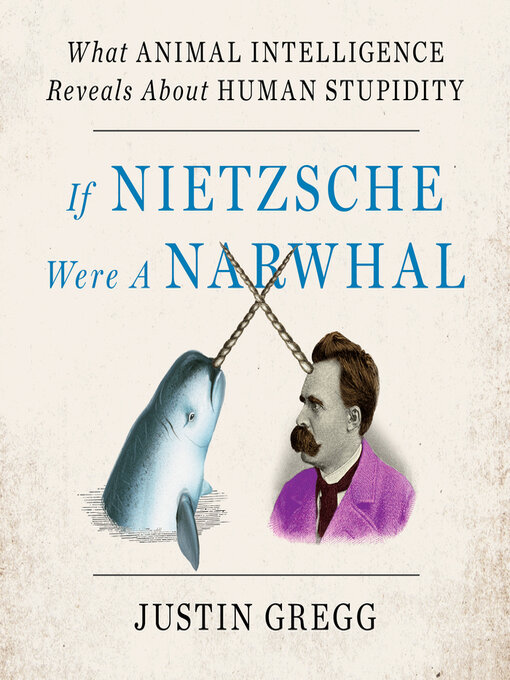This funny, "extraordinary and thought-provoking" (The Wall Street Journal) book asks whether we are in fact the superior species. As it turns out, the truth is stranger—and far more interesting—than we have been led to believe.
At first glance, human history is full of remarkable feats of intelligence. We invented writing. Produced incredible achievements in music, the arts, and the sciences. We've built sprawling cities and traveled across oceans—and space—and expanded to every part of the globe.
Yet, human exceptionalism can be a double-edged sword. With our unique cognitive prowess comes severe consequences, including existential angst, violence, discrimination, and the creation of a world teetering towards climate catastrophe. Understood side-by-side, human exceptionalism begins to look more like a curse.
As scientist Justin Gregg persuasively argues, there's an evolutionary reason why human intelligence isn't more prevalent in the animal kingdom. Simply put, non-human animals don't need it to be successful. And, miraculously, their success arrives without the added baggage of destroying themselves and the planet in the process.
In seven mind-bending and hilarious chapters, Gregg highlights one feature seemingly unique to humans—our use of language, our rationality, our moral systems, our so-called sophisticated consciousness—and compares it to our animal brethren. What emerges is both demystifying and remarkable, and will change how you look at animals, humans, and the meaning of life itself.
Destined to become a classic, If Nietzsche Were a Narwhal asks whether we are in fact the superior species. It turns out, the truth is stranger—and far more interesting—than we have been led to believe.


